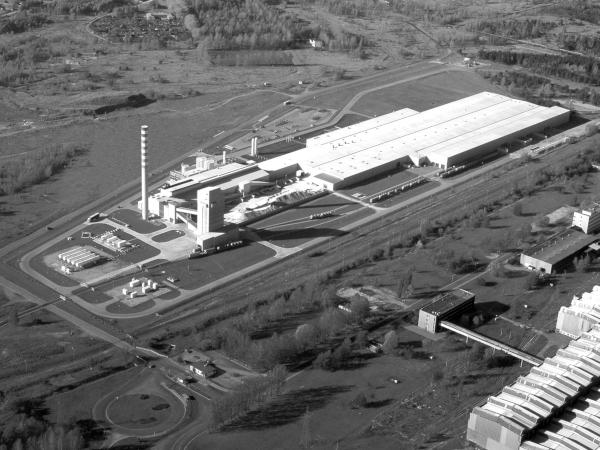
Date: 29 November 2022
Glass for Europe believes that the new requirements proposed in the revision of the Industrial Emissions Directive (IED) and the recast of the European Pollutant Release and Transfer Register (E-PRTR) should consider industrial realities and local conditions. “The on-going revision of the Industrial Emissions Directive is of utmost importance for the flat glass sector as it concerns our ability to operate our industrial installations with minimal impacts on the environment.”, said Iva Ganev, Environment & Climate Policy Manager at Glass for Europe, in an audio statement released today.
The European flat glass industry is investing massively in its manufacturing facilities to align the production processes to the EU Green Deal objectives. “We are in the middle of a major industrial transformation process to reduce all emissions and this requires significant investments” she continued.
The transition towards a more sustainable economy in the European Union will demand more flat glass, in particular to decarbonize the building and transport sectors. A regulatory framework enabling an investment-conducive environment will be key to the materialisation of the EU policy objectives. “To support this transformation, the regulatory framework needs to provide incentives for the reduction of emissions, which take into account the feasibility and individual circumstances of each installations”, she added. For instance, the BAT-AELs are today based on real-life data collected by plants and verified by authorities. This because the same technology could have different impacts on the emission of a defined manufacturing process depending on the installation. Glass for Europe thinks that, in order to reflects the reality on the ground, the range in BAT-AEL should be kept in the legislation.
“Glass for Europe is engaged in a dialogue with the key decision-makers at EU level to make sure a forward-looking Industrial Emissions Directive does support continuous improvements in environmentally conscious manufacturing”, concluded I. Ganev.
For more
- Listen to the audio statement below
- Read Glass Alliance Europ’s position paper: Industrial Emissions Directive revision and E-PRTR recast: Glass industry’s views
 600450
600450

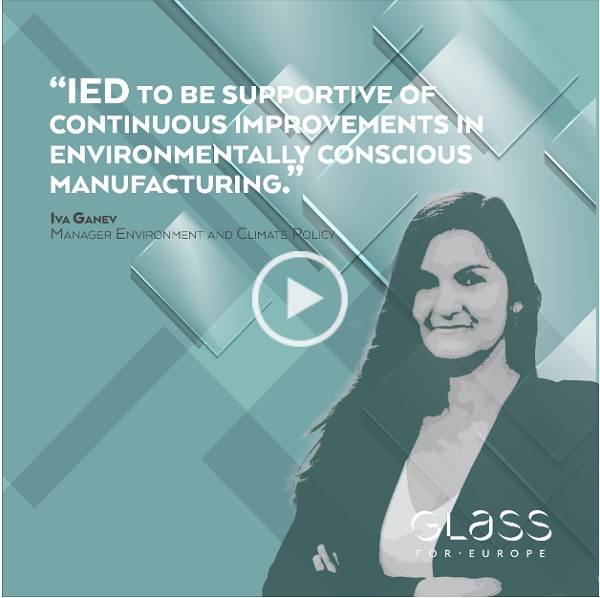
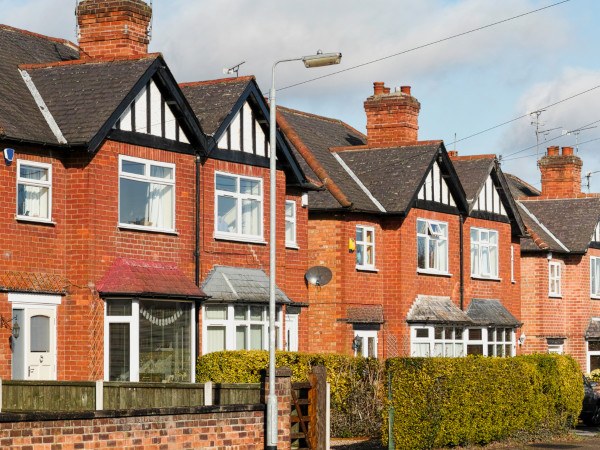
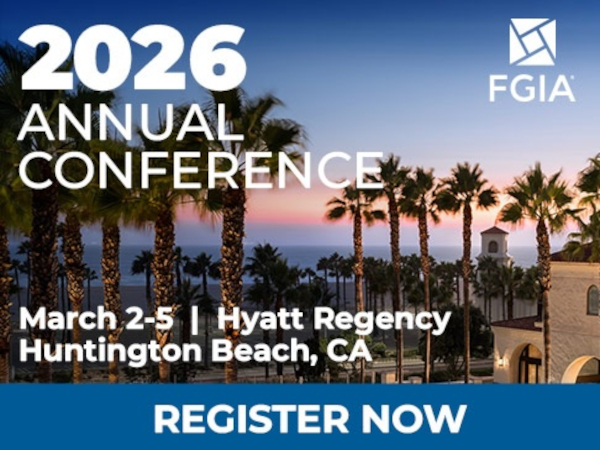
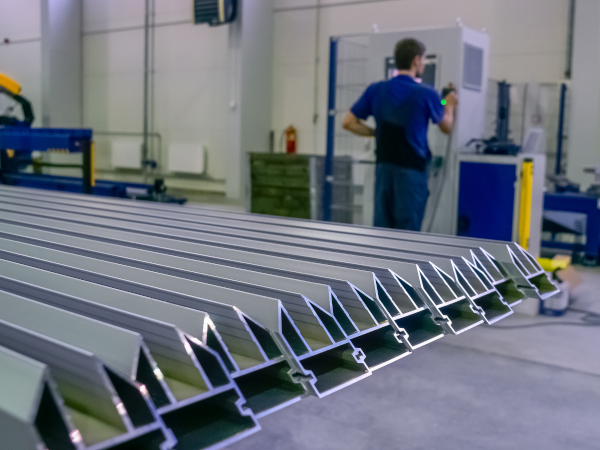
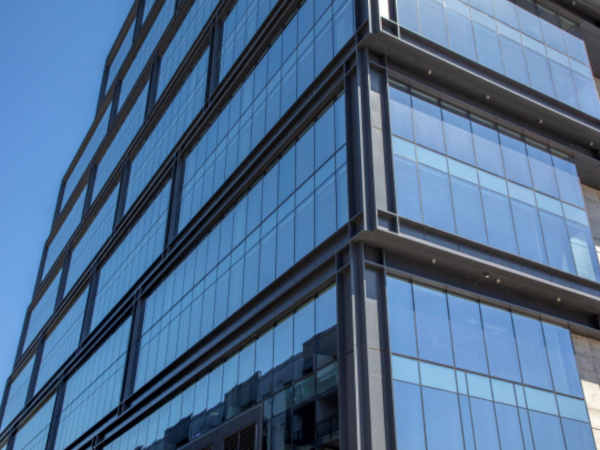
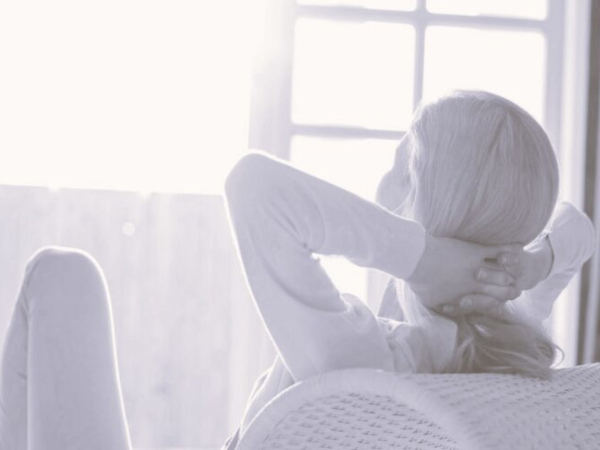
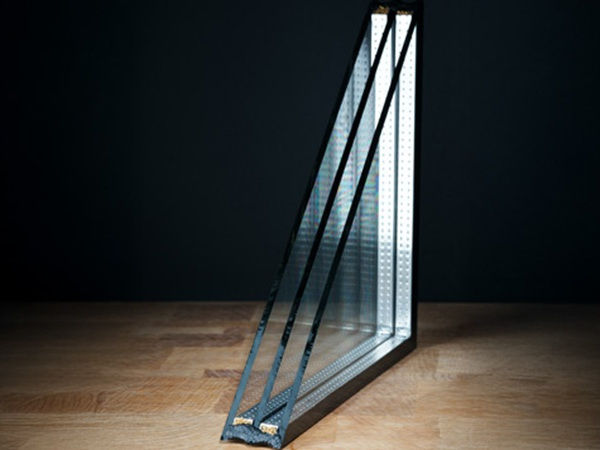


Add new comment